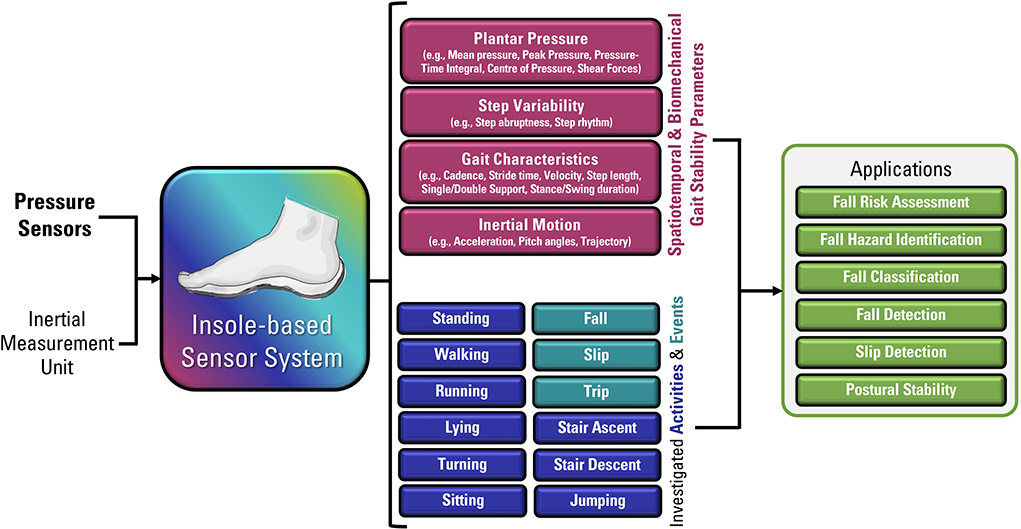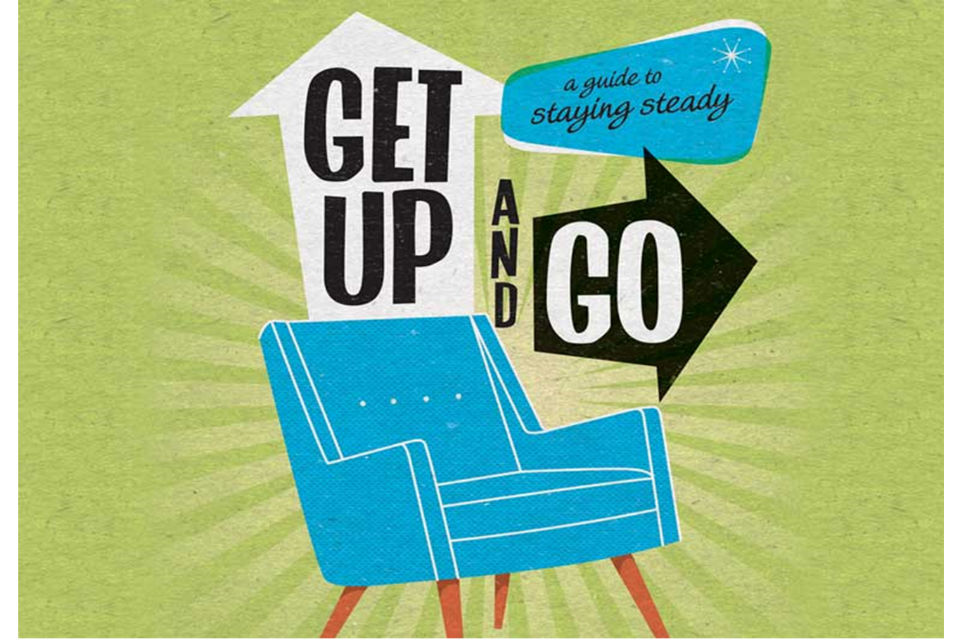All about Dementia Fall Risk
All about Dementia Fall Risk
Blog Article
What Does Dementia Fall Risk Do?
Table of ContentsSome Ideas on Dementia Fall Risk You Need To KnowAll about Dementia Fall RiskWhat Does Dementia Fall Risk Do?5 Simple Techniques For Dementia Fall Risk
An autumn danger analysis checks to see exactly how most likely it is that you will certainly fall. It is mainly done for older adults. The assessment generally consists of: This consists of a collection of questions regarding your total health and if you have actually had previous drops or issues with balance, standing, and/or walking. These devices examine your strength, equilibrium, and gait (the method you walk).Interventions are suggestions that might minimize your risk of falling. STEADI includes three actions: you for your threat of falling for your threat factors that can be improved to attempt to avoid falls (for example, equilibrium troubles, impaired vision) to lower your threat of dropping by utilizing reliable methods (for example, supplying education and learning and sources), you may be asked numerous questions including: Have you fallen in the previous year? Are you fretted regarding dropping?
If it takes you 12 secs or more, it may mean you are at greater risk for a loss. This examination checks toughness and equilibrium.
The settings will obtain more challenging as you go. Stand with your feet side-by-side. Move one foot midway onward, so the instep is touching the huge toe of your other foot. Move one foot totally in front of the various other, so the toes are touching the heel of your other foot.
Rumored Buzz on Dementia Fall Risk
A lot of falls occur as a result of several adding variables; therefore, handling the threat of dropping begins with determining the variables that add to drop risk - Dementia Fall Risk. Several of the most pertinent danger variables consist of: History of prior fallsChronic medical conditionsAcute illnessImpaired gait and balance, reduced extremity weaknessCognitive impairmentChanges in visionCertain high-risk drugs and polypharmacyEnvironmental factors can also enhance the danger for falls, including: Inadequate lightingUneven or harmed flooringWet or slippery floorsMissing or harmed hand rails and grab barsDamaged or incorrectly equipped devices, such as beds, wheelchairs, or walkersImproper use assistive devicesInadequate guidance of the people staying in the NF, including those who show aggressive behaviorsA successful fall risk management program requires a detailed medical analysis, with input from all participants of the interdisciplinary team

The care plan need to likewise consist of interventions that are system-based, such as those that promote a secure atmosphere (suitable lighting, hand rails, get bars, and so on). The performance of the interventions need to be evaluated periodically, and the treatment strategy modified as necessary to mirror changes in the fall risk assessment. Executing an autumn danger management system utilizing evidence-based ideal technique can lower the prevalence of falls in the NF, while limiting the possibility for fall-related injuries.
8 Easy Facts About Dementia Fall Risk Explained
The AGS/BGS guideline advises screening all grownups matured 65 years and older for loss threat every year. This testing contains asking clients whether they have dropped 2 or even more times in the past year or looked for medical attention for a fall, or, if they have actually not fallen, whether they feel unsteady when strolling.
Individuals who have fallen once without injury ought to have their balance and gait assessed; those with stride or equilibrium abnormalities should receive additional assessment. A background of 1 autumn without injury and without stride or balance troubles does not require further evaluation beyond ongoing annual fall view risk testing. Dementia Fall Risk. An autumn risk assessment is required as part of the Welcome to Medicare exam

Get This Report on Dementia Fall Risk
Recording a falls background is one of the high quality indicators for autumn avoidance and administration. Psychoactive drugs in specific are independent predictors of drops.
Postural hypotension can often be reduced by decreasing the dose of blood pressurelowering medications and/or quiting medicines that have orthostatic hypotension as an adverse effects. Usage of above-the-knee assistance pipe and sleeping with the head of the bed boosted might additionally minimize postural reductions in blood pressure. The suggested aspects of a fall-focused health examination are received Box 1.

A Yank time greater than or equivalent to 12 secs suggests high loss threat. Being unable to stand up from a chair of knee height without utilizing one's arms indicates enhanced loss danger.
Report this page